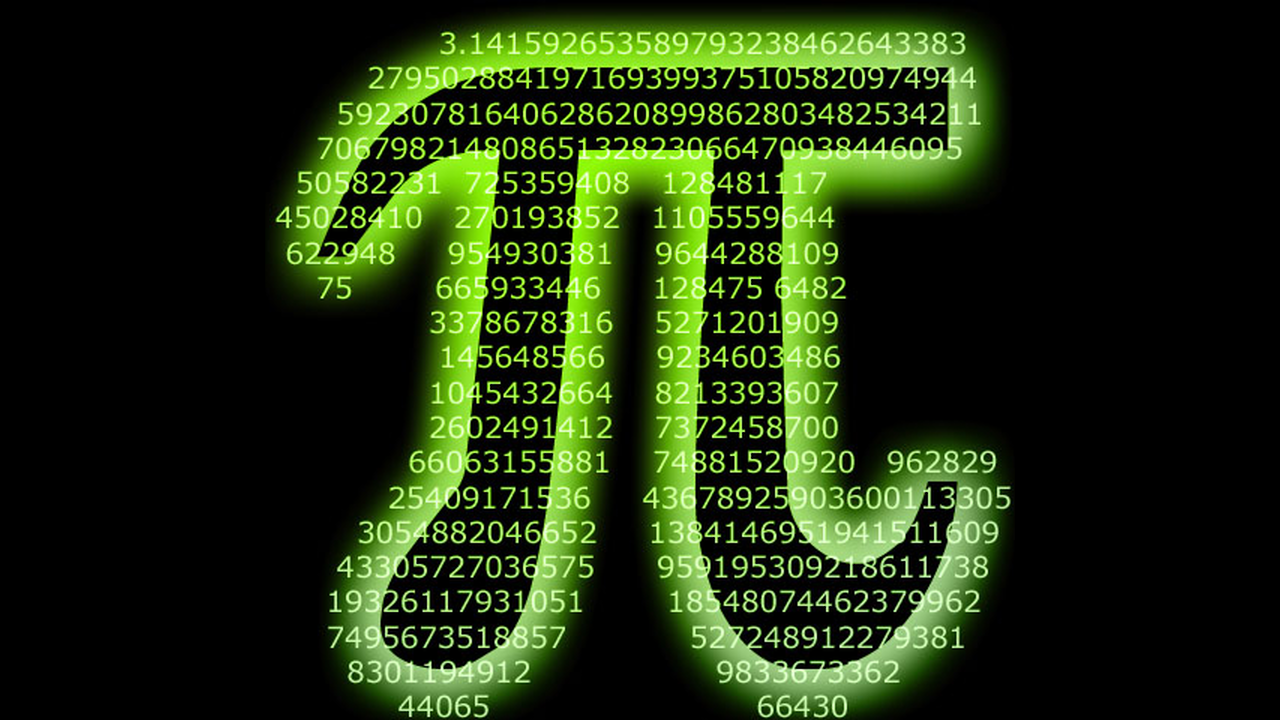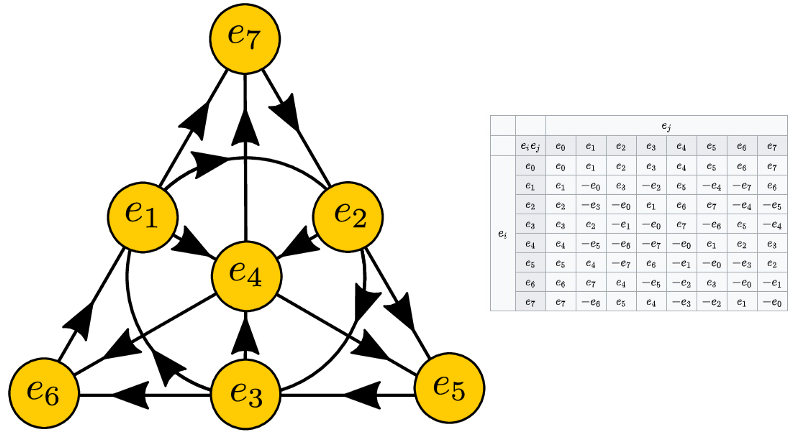Imaginary Numbers
Mathematicians taken up with finding the square roots of algebraic equations have had the niggling problem that such solutions often involve square roots of negative numbers, something which is seen as nonsensical and illogical to the mathematical mind. In fact until the 1700s it was believed that the square roots of negative numbers simply couldn’t exist because they be positive numbers. This is because conversely a negative multiplied by a negative is always a positive. Whereas a squared negative must achieve a negative solution. “There seemed to be no hope of finding numbers which, when multiplied by themselves, would give negative answers. We’ve seen crises like this before. They occur whenever an existing operation is pushed too far, into a domain where it no longer seems sensible. Just as subtracting bigger numbers from smaller ones gave rise to negative numbers and division spawned fractions and decimals, the free-wheeling use of square roots eventually forced the universe of numbers to expand…again. Historically, this step was the most painful of all. The square root of –1 still goes by the demeaning name of i, this scarlet letter serving as a constant reminder of its ‘imaginary’ status.”


